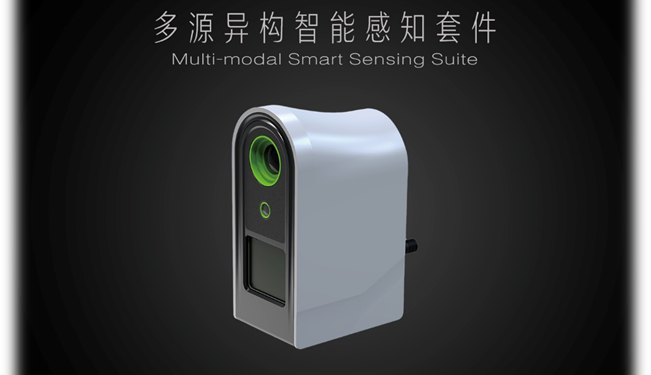The system targets three key markets: smart airports, intelligent transportation, and unmanned systems. In the smart airport sector, it features a comprehensive apron safety monitoring and management system that leverages three types of intelligent sensing devices to provide 3D surveillance. This enables real-time detection, tracking, ranging, intention prediction, and collision warnings, significantly boosting safety and efficiency in apron operations. In intelligent transportation, the system enhances V2X processes, optimizing communication between vehicles and infrastructure. For unmanned systems, a portable multi-modal sensing suite supports autonomous localization, mapping, decision-making, and navigation in GPS-denied environments, powered by embedded algorithms. Highly customizable, the system also offers functions like 3D spatial scanning, safety monitoring in harsh conditions, and early warnings for electronic fences, making it adaptable for industries such as mining, border surveillance, and port logistics.
Building on nearly 30 years of project and technological expertise, Prof. Wang Danwei's team has developed a cutting-edge multi-modal sensing system. This system integrates advanced sensors—such as LiDAR, color cameras, thermal cameras, millimeter-wave radar, and inertial measurement units—with AI technology to deliver superior perception in challenging conditions like fog, low light, and cloudy environments. It also enables real-time 3D modeling and large-scale scene reconstruction. With its modular design, the system supports precise calibration of heterogeneous sensors, multi-modal perception, information fusion, and real-time digital twins. These innovations are quickly deployable in smart airports, intelligent transportation, unmanned systems, and autonomous driving applications.



